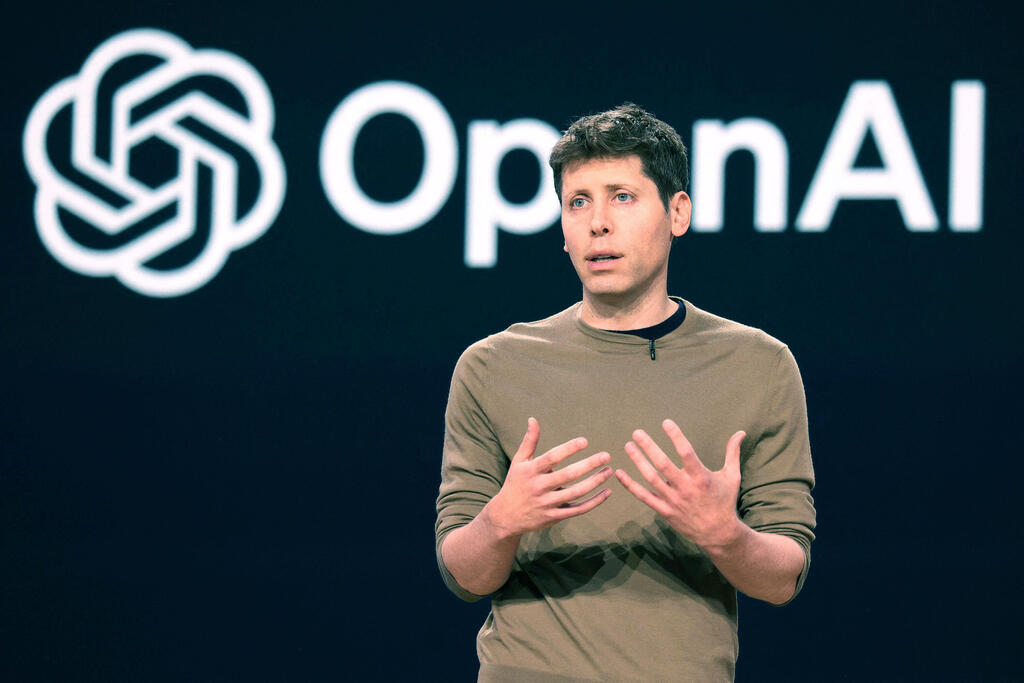OpenAI's AI-powered browser challenges Google's dominance
OpenAI is launching a generative AI-powered browser that could disrupt Google's ad model and transform web browsing. This bold move escalates the battle over the future of the internet.
OpenAI, the company behind ChatGPT, is making its most ambitious move yet by developing a full-fledged AI-native web browser. Set to launch in the coming weeks, this browser aims to revolutionize how users interact with the web by embedding advanced AI directly into the user interface. Instead of traditional search results, users will engage with conversational queries, chat-like summaries, and intelligent agents that handle tasks autonomously—from form-filling to appointment booking.
 OpenAI CEO Sam Altman (Photo: Jason Redmond / AFP)
OpenAI CEO Sam Altman (Photo: Jason Redmond / AFP)
The Strategic Play: Data and Disruption
This isn’t just about convenience; it’s a strategic maneuver to undermine Google’s ad-driven empire. Chrome, Google’s dominant browser, serves over 3 billion users and funnels them to Google Search by default, harvesting data that fuels Alphabet’s multibillion-dollar ad business. OpenAI’s browser, built on Chromium (the same engine as Chrome), could divert this data flow, giving OpenAI access to valuable behavioral insights—a cornerstone of Google’s success.
 Google Chrome, dominant for now (Photo: Shutterstock)
Google Chrome, dominant for now (Photo: Shutterstock)
The AI Browser Arms Race
OpenAI isn’t alone in this space. Perplexity, an AI-powered search startup, recently launched Comet, a browser with a built-in answer engine and AI assistant. Meanwhile, Google is responding by adding AI features to Chrome, including an "AI Mode" that mimics Perplexity’s offerings. The battle lines are drawn, and the stakes are high: the browser is no longer just a portal to the web but the operating layer for AI.
 Sam Altman and Jony Ive (Photo: OpenAI)
Sam Altman and Jony Ive (Photo: OpenAI)
Why This Matters
- Data Control: OpenAI’s browser could bypass Google’s search bar, collecting user data directly through AI interactions.
- Market Disruption: With 3 million paying ChatGPT users, OpenAI has a ready audience to adopt its browser.
- Future of Browsing: The shift from passive browsing to active AI participation could redefine internet use.
OpenAI’s challenge is steep, but its vision—a web that works for users, not the other way around—could be the key to breaking Google’s grip on the browser market.
Related News
Kaizen AI Generators Power Continuous Improvement in Tech
Jan Bosch explains how kaizen AI generators enable systems to continuously adapt and improve through real-time monitoring and experimentation.
SF AI Meetup Explores Next Gen Autonomous Agents and ML
SF AI/ML Meetup on Engineering Next Generation AI Systems with autonomous agents and ML architectures featuring industry leaders.
About the Author

Alex Thompson
AI Technology Editor
Senior technology editor specializing in AI and machine learning content creation for 8 years. Former technical editor at AI Magazine, now provides technical documentation and content strategy services for multiple AI companies. Excels at transforming complex AI technical concepts into accessible content.